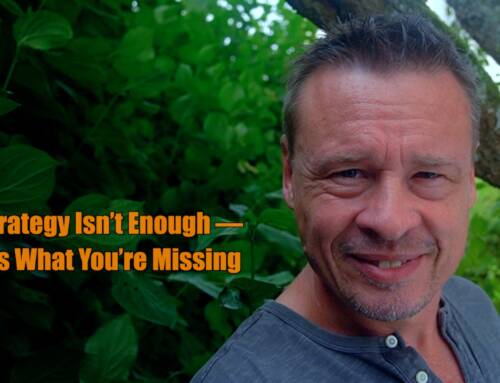Like everyone else, I’m constantly grappling with understanding the world as it unfolds before me. This quest for understanding has been profoundly shaped by my involvement in development cooperation. In the wake of Russia’s invasion of Ukraine, a new undercurrent has emerged in my worldview. This event has prompted a shift in my perspective, much like many others, causing me to ponder how to effectively interpret and frame these changes.
My formative years were spent as a teenager in the 1980s. In 1989, I was drafted into the army and bore witness to the conclusion of the East-West confrontation, the Soviet Union’s dissolution, and similar geopolitical events. These experiences left me with a sense of stasis in the world’s evolution. Developments in China and sporadic incidents involving Russia and other regions seemed distant and insignificant, reaffirming my belief that some regions were unchanging while others struggled with brute force.
However, the current crisis brought about by Russia’s invasion of Ukraine has disrupted this complacent perspective. Like many Westerners, I’ve realized how our naivety and inattention have obscured Russia’s actions in Africa and its former satellite states. We erroneously assumed that global conditions were generally improving, and peculiar occurrences were simply aberrations. Statements from African leaders claiming Russia as a friend were met with indifference, chalked up to political posturing. We overlooked the historical ties these leaders had to Soviet Russia, where they were treated favorably, even if their own people suffered.
It’s worth noting that when African leaders speak of Russia as “our” friends, they often mean their friends. Africans should reflect on whether these alliances are reciprocal and whether their leaders’ friends were necessarily also theirs. However, my intention isn’t to focus solely on this aspect. Instead, I aim to underscore how the world’s changes have shown that, in many ways, little has changed. Our shock at perceiving change reveals the entrenched inertia that has persisted while we were preoccupied.
As I grapple with this newfound reality, I question why so many individuals hold Putin’s Russia in high regard. Just as I’ve tried to comprehend the allure of fascism, which transcends borders, I seek to understand the reasoning behind the admiration for Russia. The juxtaposition of the appeal of fascism and the current global situation is relevant. Both sides in the current conflict accuse each other of being fascists, a bizarre notion given that there are only a few actual Nazis in both countries. It underscores the need to grasp the roots of such ideologies to address them effectively.
My thoughts on development cooperation have led me to ponder the notion of development itself. Recognizing one nation’s development over another’s is complex, particularly within societies claiming to be less developed. Despite historical inequalities and the exertion of power by dominant cultures, I acknowledge that certain cultures do advance more quickly, technologically as well as personally and socially. This advancement doesn’t necessarily denote moral superiority, but rather different stages of progress.
Connecting this to the Ukrainian-Russian conflict, I perceive a convergence of various factors. In different countries, there’s a growing emphasis on leadership styles and interpersonal dynamics in companies. Behavioral economics, leadership theories, and motivational strategies are becoming more influential. Simultaneously, there are individuals who remain disconnected from these ideas, clinging to outdated beliefs and behaviors. This mindset encompasses attitudes towards gender roles, work practices, privilege, and entitlement.
This mentality aligns with the resurgence of strongman politics and nationalist sentiments. An “us versus them” mentality emerges, marked by a rejection of shared responsibilities. This mentality seeks strength, confrontation, and exclusion, perpetuating a regressive worldview.
Thus, I propose that the present geopolitical situation echoes the historical East-West bloc confrontation but transcends geographical confines. There’s an ideological battle between progressive development and regressive stagnation. This confrontation defies the oversimplified distinction between developed and underdeveloped nations.
Within African cities like Nairobi and Lagos, educated populations are split. Many embrace progressive leadership ideals that align with the West’s trajectory (which is also not free from regressive tendencies at all). However, a faction yearns for a return to traditional, exclusionary models that resonate with Russia’s approach. This ideological rift mirrors the global conflict and challenges the conventional notion of development.
The world is at a crossroads where modern leadership values and development trajectories collide. The East-West dynamic has evolved into a global struggle between progressive and regressive ideologies. This clash defies traditional categorizations of developed and underdeveloped nations, highlighting the complexities of human development and the dynamics shaping our world.




Leave A Comment